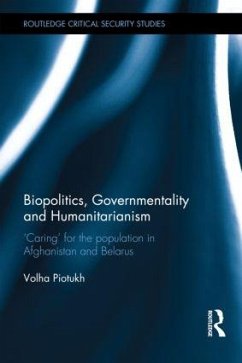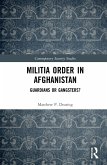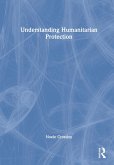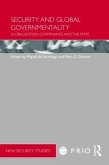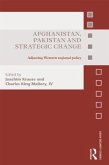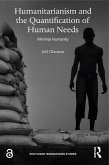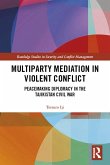This book critically analyses the changing role and nature of post-Cold War humanitarianism, using Foucault's theories of biopolitics and governmentality. This book interprets the policies and practices associated with the new humanitarianism in general, as well as the dynamics of two specific international assistance efforts: the post-2001 conflict-related assistance effort in Afghanistan and the post-2000 Chernobyl-related assistance effort in Belarus. The book thereby demonstrates that it is possible to generate a powerful and insightful interpretation of the changing role and nature of humanitarian action, and, in so doing, to better understand contemporary humanitarianism, as well as identifying resistances to it and envisaging alternative ways of addressing humanitarian concerns. Making an important contribution to existing scholarship on humanitarianism, the changing nature of post-Cold War humanitarian action, and Foucault, this book will be of much interest to students of critical security studies, humanitarianism, governmentality, and IR more generally.

